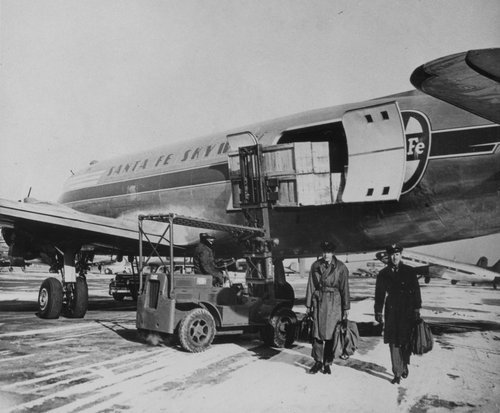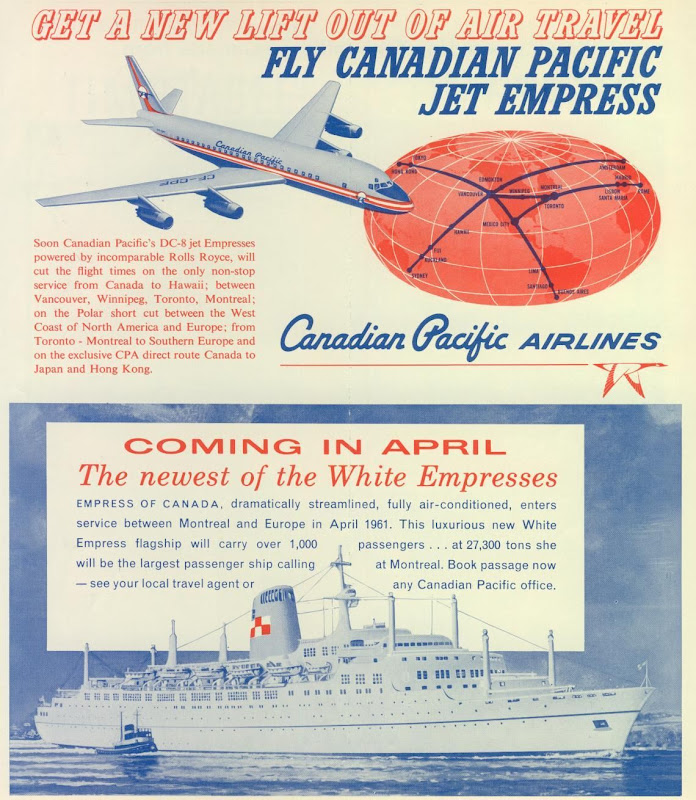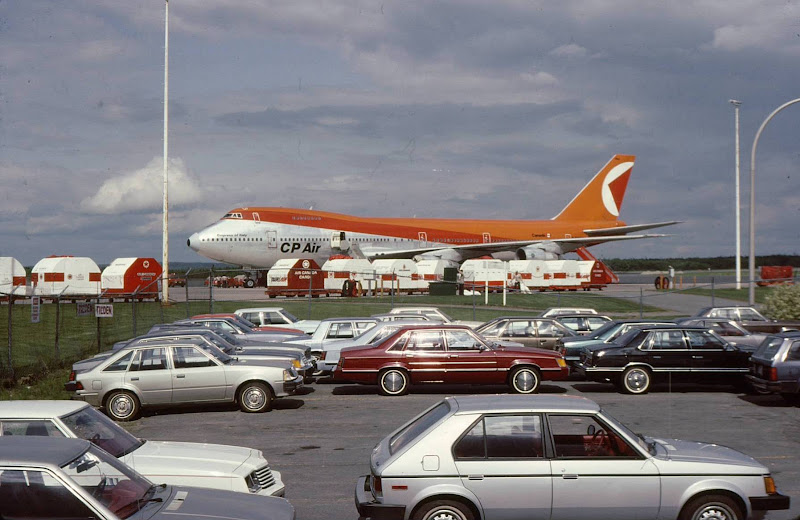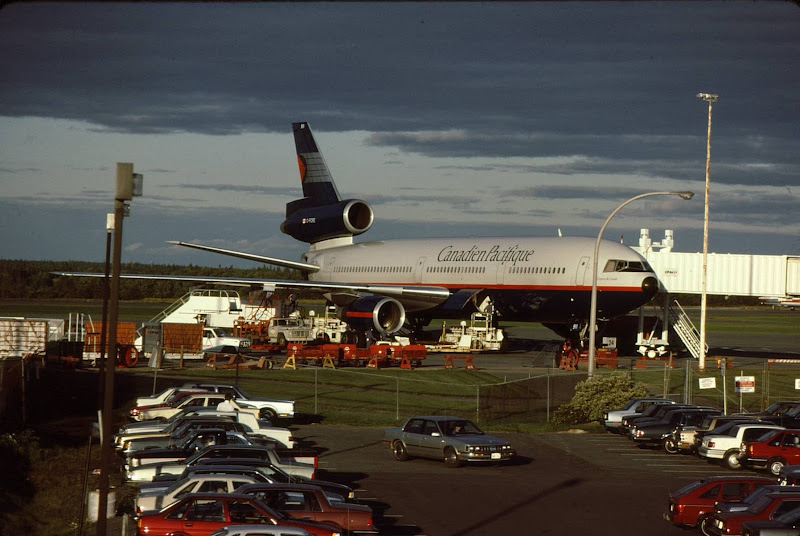Virgin America Leaves SJC [Airport] – But Wants to Operate HSR
In what is seen as something of a blow to Mineta San José airport, Virgin America announced last week it would be leaving SJC even though they had just launched flights to LAX less than a year ago...
Officials had hoped success with the single SJC-to-LAX route would prompt Virgin America to add the real prize: Longer flights to East Coast and Midwest cities like Chicago, Boston, New York and Washington, D.C. — a major goal for city and business leaders.
This should not come as any surprise. We’ve known for years now that airlines see the most profits in medium and long haul routes, not in the short haul shuttle routes like SF to LA. In 2010 JetBlue’s CEO made the point explicitly...
Airlines make some profit on their SF-LA routes. But as fuel costs rise, those profits have shrunk. Given the immense cost of expanding airports, gate space is at a premium. Airlines would much rather use those gates for the more profitable medium and long haul flights than for more shuttle flights within California.
So what about the short haul routes? Do companies like Virgin and Southwest plan to just abandon those? Far from it. In fact, they would like to operate high speed rail on those routes, replacing air travel, according to Ben Tripousis of the California High Speed Rail Authority...
So the shape of transportation in California’s future is clear. The airlines would like to redirect existing gates to medium and long haul flights and replace the short haul flights with high speed rail. ...
More importantly, it shows that to the private sector, HSR is a big deal and very important to their future plans. Of course, it’s also beyond their ability to fund the capital costs, which is where government comes in.










